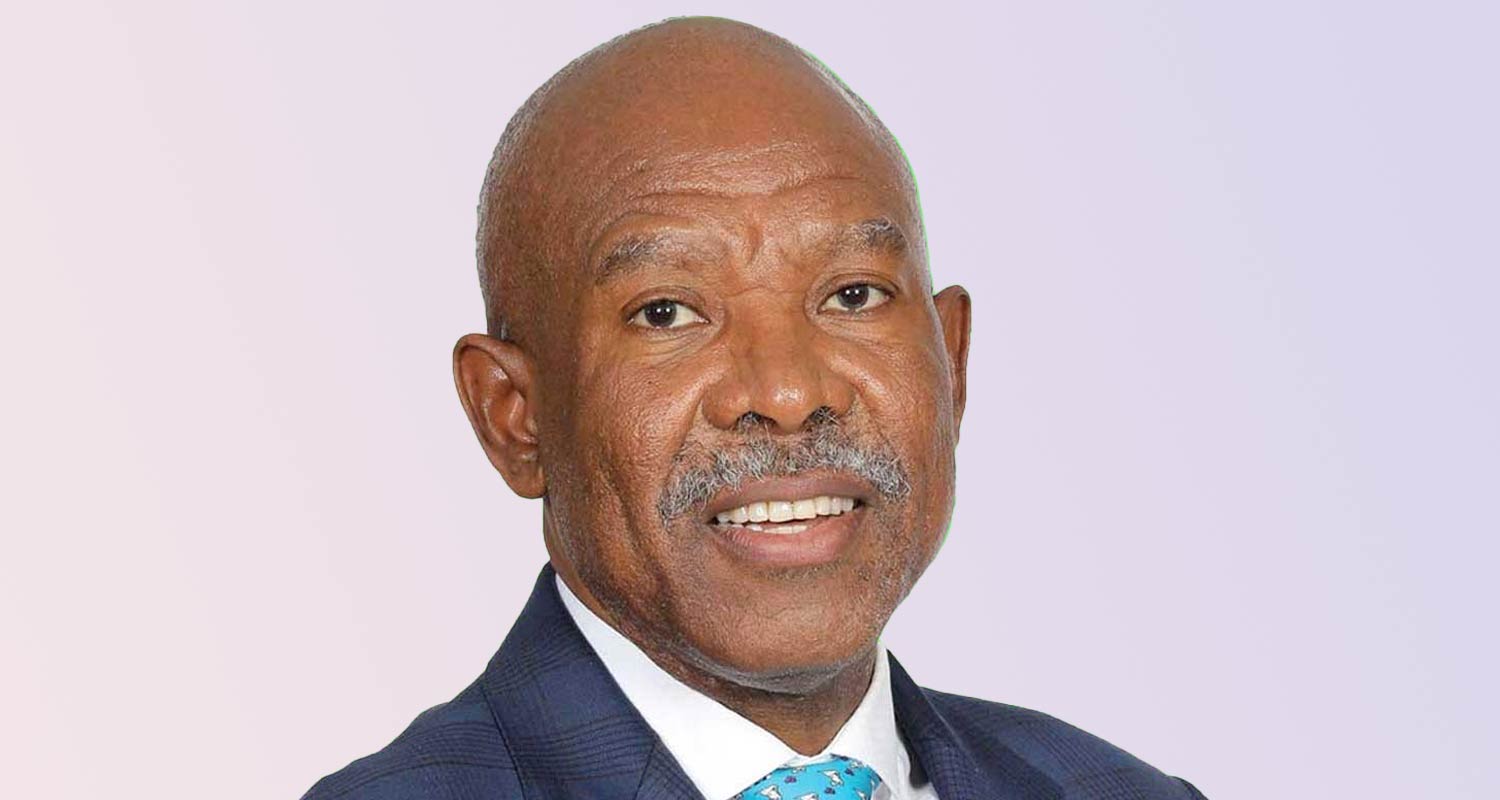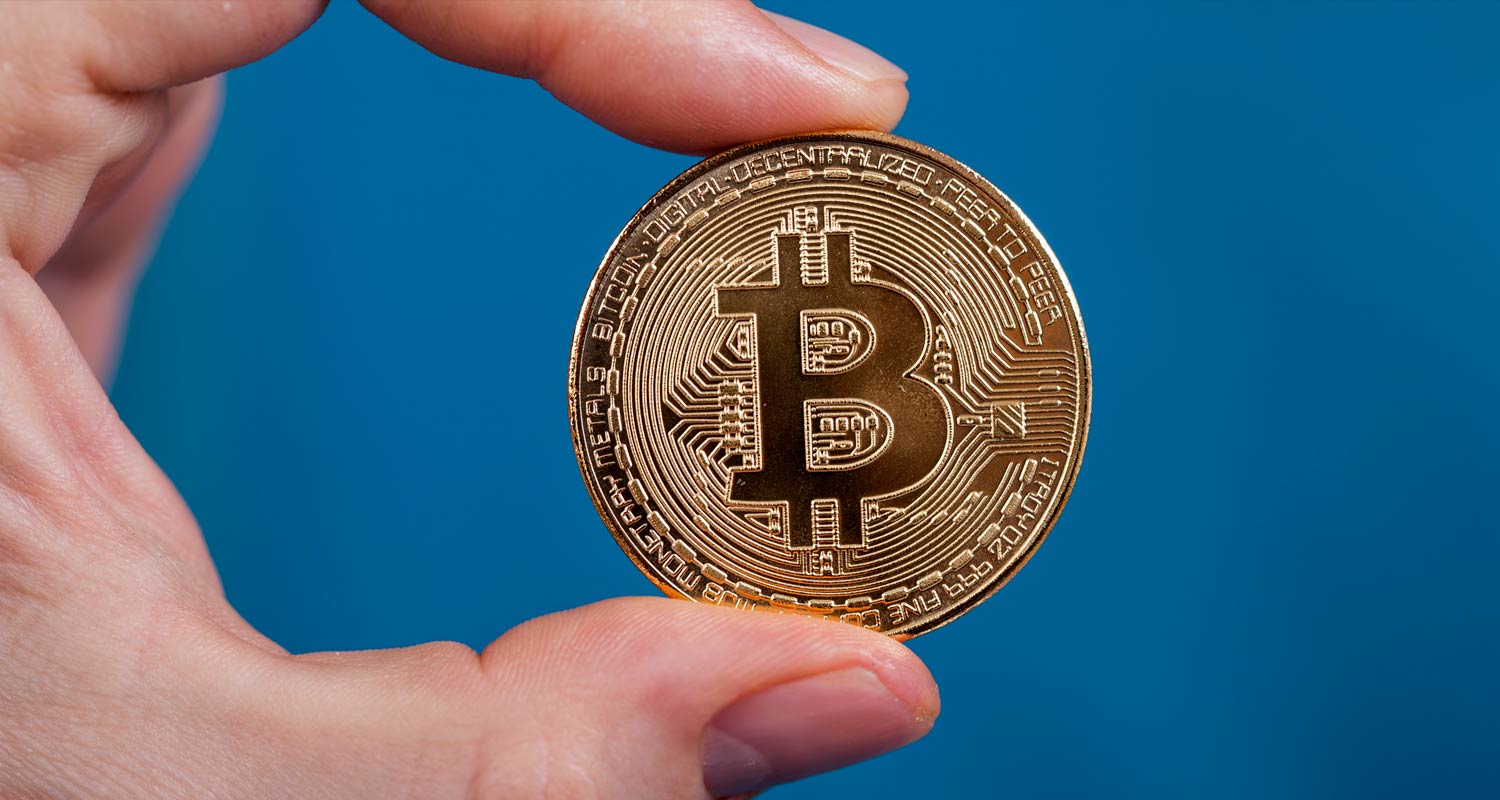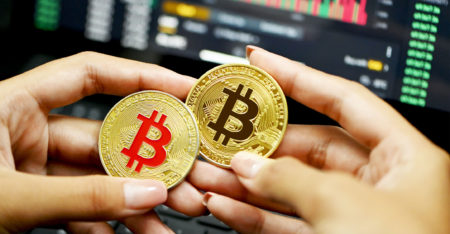
Reserve Bank governor Lesetja Kganyago has questioned the rationale of including bitcoin in government’s strategic reserves in the same way it might hold gold and other assets.
Speaking at the World Economic Forum in Davos, Switzerland on Tuesday, Kganyago warned that governments should be careful to avoid the influence of “lobbyists” who have “a particular interest in a particular product” wanting to impose it on societies.
“I would have a significant problem with a lobby that says governments should hold this or that asset without consideration for what the strategic intent of government is. There is a history to gold, but if we now say bitcoin, then what about platinum or coal? Why don’t we hold strategic beef reserves, or mutton reserves, or apple reserves? Why bitcoin?”
Well-known South African technology entrepreneur Stafford Masie, an strong advocate of bitcoin, is one of those who has been lobbying government to adopt a strategic bitcoin reserve.
Although Masie couldn’t immediately be reached for comment on Wednesday, he responded to Kganyago’s remarks on X, saying: “We’re still early and we have work do.”
Then, reposting controversial MK politician Mzwanele Manyi (who plans to speak at a bitcoin conference next month and who said he has a “fundamentally different view” to Kganyago), Masie said (edited for clarity): “What was said in Davos [by Kganyago] was not representative of South Africa or what is actually happening among political and private sector leaders here. I wish more could be disclosed but rest assured we bitcoin maximalists are apolitically, quietly and steadily orange-pilling.”
“Orange-pilling” is a slang term that refers to someone’s strong support of bitcoin or their alignment with bitcoin’s philosophies.
‘Strategic reserve asset’
Kganyago’s comments in Davos comes as the US President Donald Trump – who has promised he will be the “crypto president” – has voiced his support for bitcoin to be made a “strategic reserve asset” in the US.
Strategic reserves are stockpiles of assets that help governments prepare for unexpected disruptions or emergencies like natural disasters, conflict and economic crises.
Brian Armstrong, CEO of cryptocurrency platform Coinbase and a speaker on the WEF panel with Kganyago, rebutted the Reserve Bank governor’s comments, arguing that bitcoin is an even better form of money than gold because it has been proven to be scarce – just like gold – but is also more portable and divisible.
“[Bitcoin] has higher utility and has been the best-performing asset of the last 10 years. So, for a store of value, it is going to be important for governments to hold this over time. It may start out only as 1% of their reserves, but over time it will come to be equal to or greater than their gold reserves,” said Armstrong.
Read: Crypto traders should not fear Sars disclosures: Luno
Kganyago’s stance on bitcoin in part reflects the state of affairs between South African regulators and the emergent technology. Crypto assets are defined as a financial product by the Financial Advisory and Intermediary Services Act (Fais). There is no single piece of comprehensive legislation on cryptocurrencies in South Africa. And although they may be traded freely, cryptocurrencies do not hold any formal status as fiat currency either – although this may soon change.
 Speaking to the TechCentral Show last month, Reserve Bank head of the National Payments System Tim Masela said the Bank is experimenting with different ways in which digital currencies can be used by government and the country at large, including the introduction of a central bank digital currency (CDBC). Masela provided examples of some of the ways cryptocurrencies could be used by government. He also emphasised that the Reserve Bank tends to want to prove the value of new technologies before deploying them.
Speaking to the TechCentral Show last month, Reserve Bank head of the National Payments System Tim Masela said the Bank is experimenting with different ways in which digital currencies can be used by government and the country at large, including the introduction of a central bank digital currency (CDBC). Masela provided examples of some of the ways cryptocurrencies could be used by government. He also emphasised that the Reserve Bank tends to want to prove the value of new technologies before deploying them.
“People talk about something called the programmability of money, meaning you can programme money to work within certain parameters. If we issued a CBDC and used it to assist poor people, then we could program that money so that it can only buy bread and milk but not booze, for example,” said Masela. “We have a team focused on further research.” — © 2025 NewsCentral Media
Get breaking news from TechCentral on WhatsApp. Sign up here.




